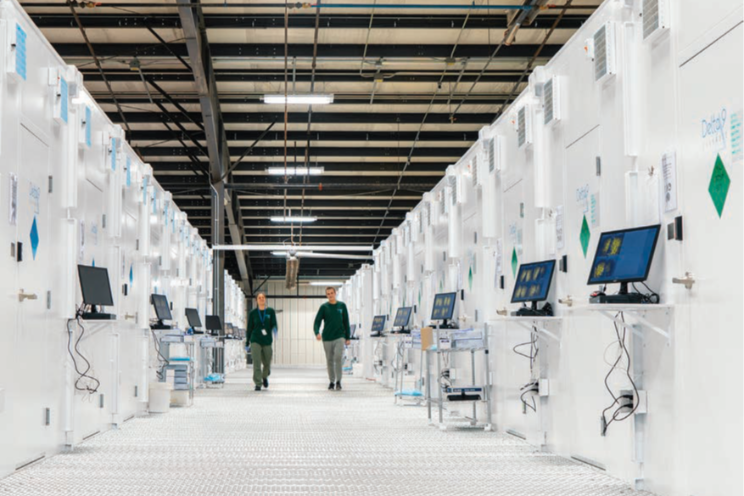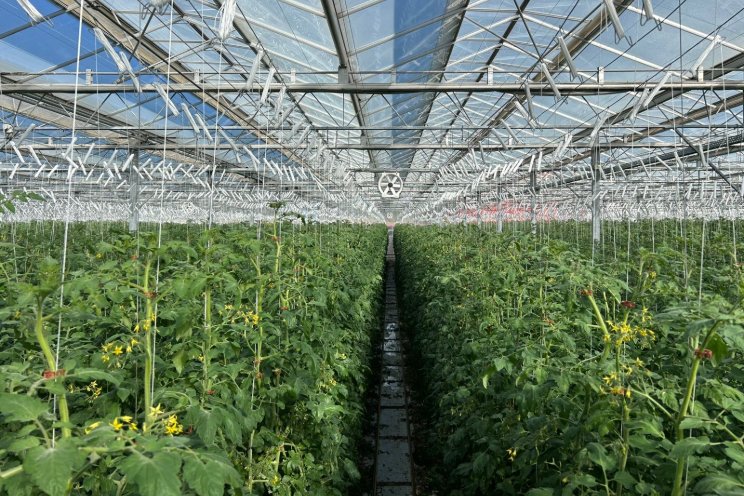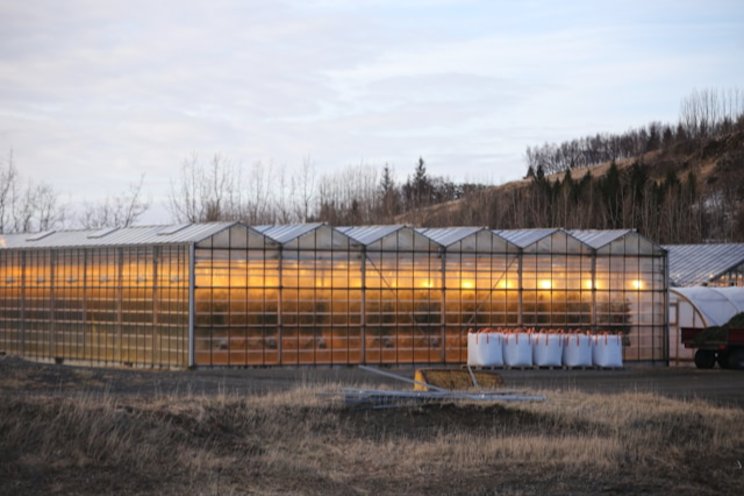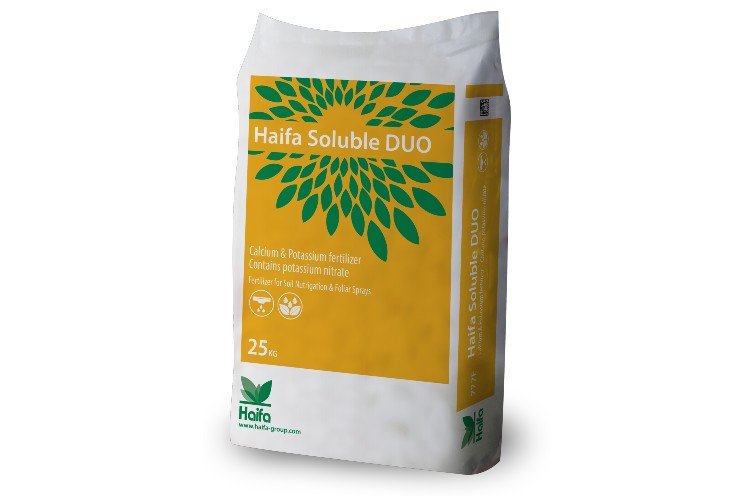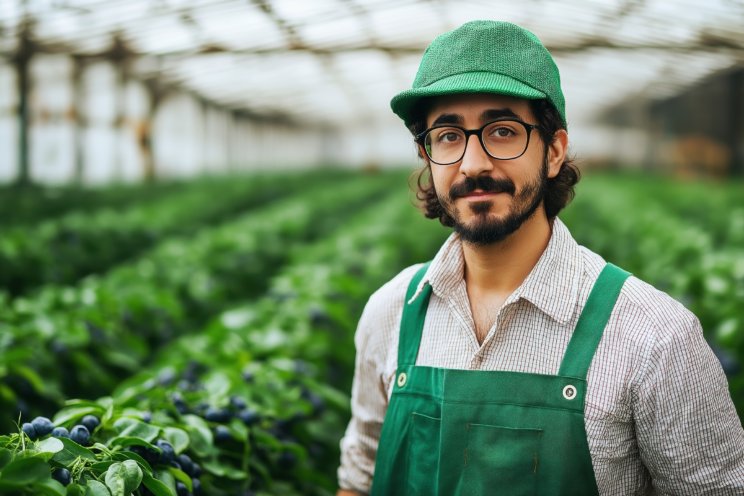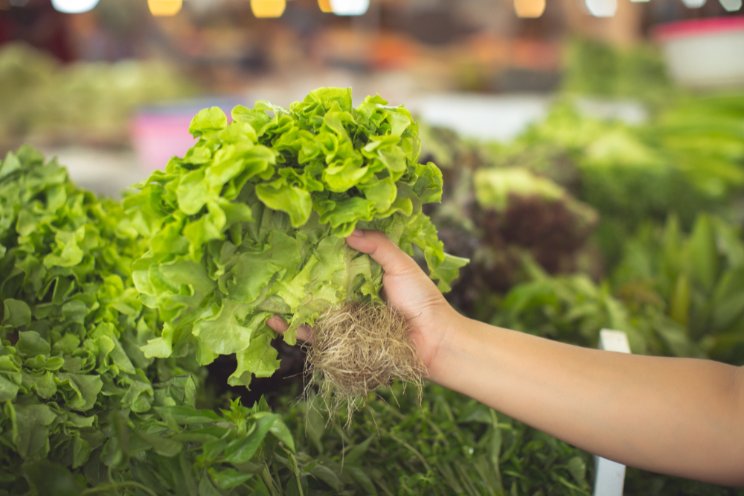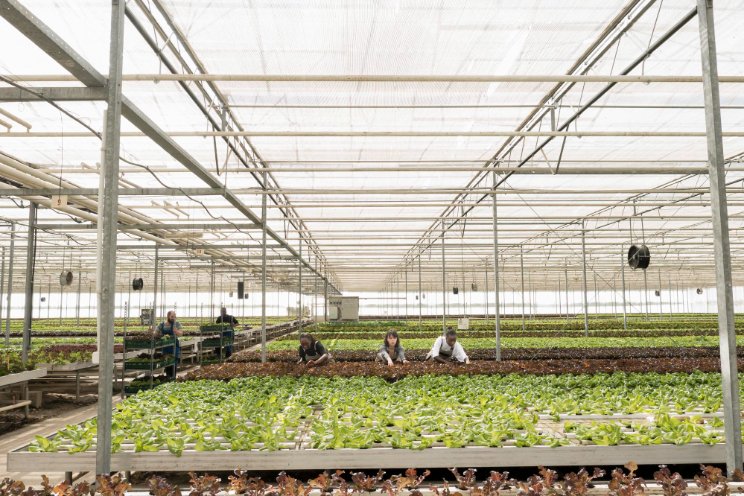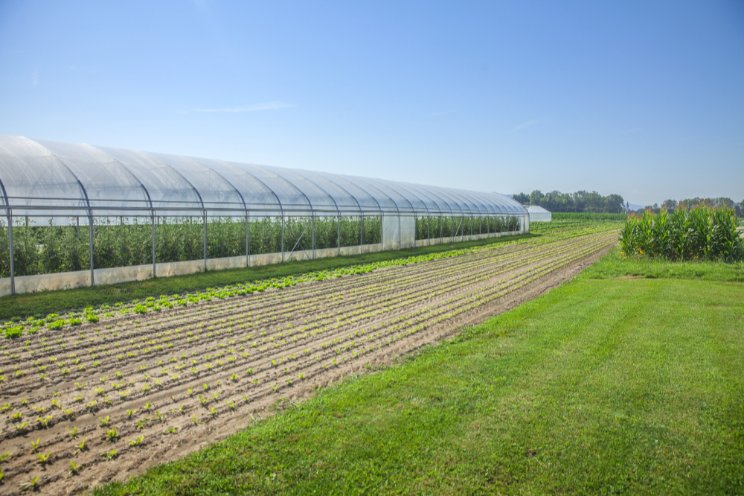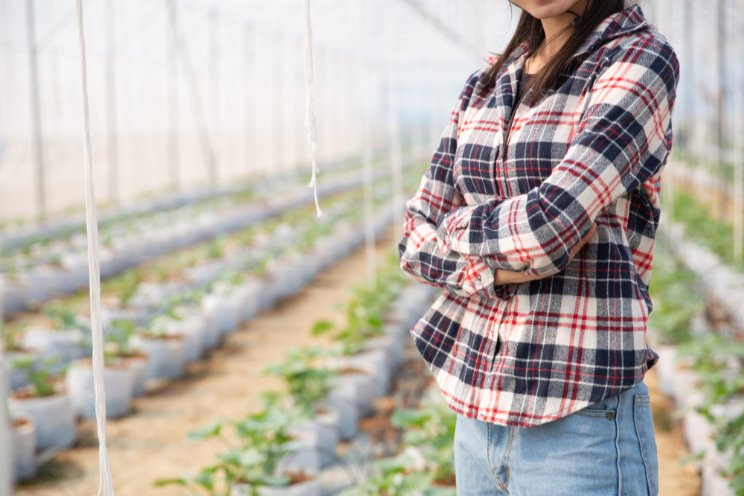The vertical mega-farm built in Singapore
Added on 05 October 2021

Munich-based &ever, which has set up a similar project in Kuwait, has been building the farm at the Changi Logistics Center in Singapore's eastern Loyang Way neigbourhood close to the city-state's airport.
It will start growing leafy vegetables shortly, while a second facility will be added to grow strawberries next year.
Output of up to 500 tonnes of vegetables
Henner Schwarz, the company's chief executive, told Singapore's Business Times that the Changi farm would be able to grow up to 500 tonnes of vegetables a year.
""[The vegetables are] fresh and locally produced directly on site. You can imagine the indoor farm as a huge warehouse, except that lettuce and herbs grow on the shelves," Schwarz said.
The farm would produce "nutritious, tasty, pesticide-free leafy greens for local consumers and eliminates CO2-intensive air transportation," he added.
Potential of vertical farming for food security
Schwarz further noted that Singapore was an excellent location for the company to show the potential of vertical farming for local food safety and production. Apart from the special climatic conditions, space is a limiting factor there, which is why the company "thinks vertically," he said, adding that on a footprint of 100 hectares, for example, it would be possible to achieve many times the yield of conventional agriculture on the same area.
By combining plant and data science, the company uses Internet-of-Things technologies, artificial intelligence, big data analytics and cleanroom technology to create what it calls "perfect growing conditions" for its products which are sold to retail chains, communities, canteens of large companies and schools, as well as hotels and gastro chains, defining its consumers as "health-conscious gourmets with a pragmatic interest in sustainability."
Source and Photo Courtesy of Investvine
Source: Investvine
More news
